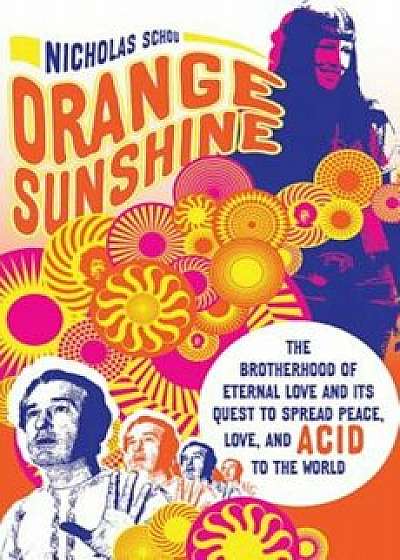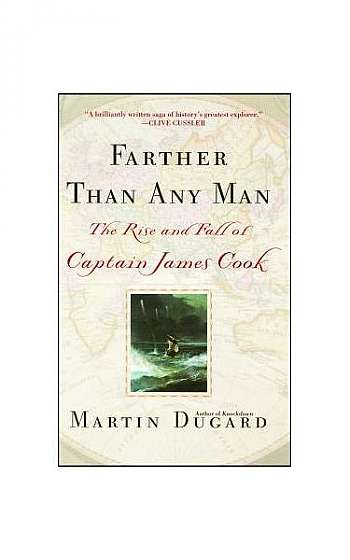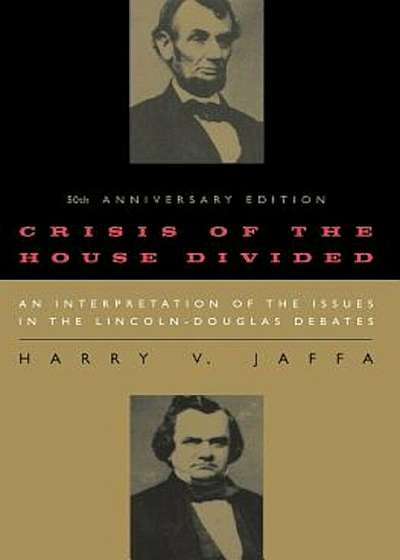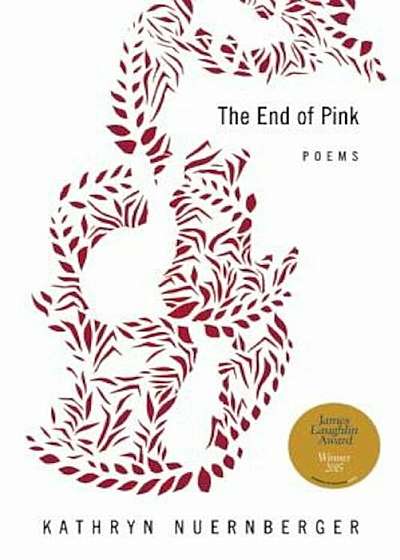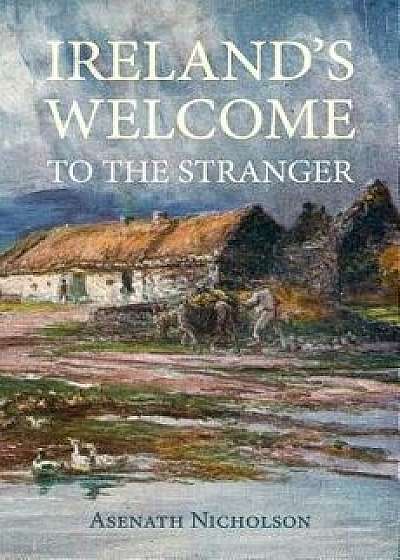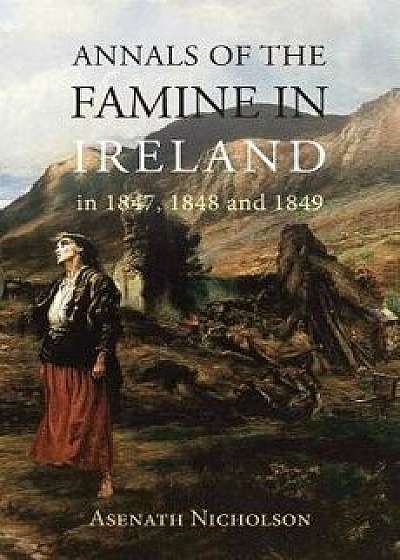
Annals of the Famine in Ireland, in 1847, 1848, and 1849, Paperback/Asenath Nicholson
Descriere
Annals of the Famine in Ireland is essential reading for anyone who wishes to understand the effects and contributing causes of the Great Famine. But it is not a history. It does not merely trot out facts and figures. Rather, it is a personal and emotional response from an eye-witness to the calamity. Histories are generally detached from the events that they record but, in this account, the reader will experience an immediacy to the situation as though transported back to the very time and place. The anecdotal nature of the testimony allows it to be so. The author, Asenath Nicholson, was a native of Vermont in the United States. She had previously travelled through Ireland in 1844-45 and graphically described the condition of the Irish poor at that time in her book Ireland's Welcome to the Stranger. She was a teetotaller and a vegan, with a decidedly feminist outlook; she was also ardently anti-slavery and pro animal rights; but first and foremost she was a Christian woman of great piety and all her opinions and actions were coloured by her sincerely-held religious beliefs. When occasion demanded it, Mrs. Nicholson didn't pull her verbal punches, and those who fell short of her ideal of Christian charity were in grave danger of receiving the sharp edge of her tongue. In the Annals she provides her frank and forthright assessment of government, landlords, relieving officers, and clergy of all denominations. Perhaps not surprisingly, she concludes that indifference, incompetence, mismanagement and corruption among those with influence were all contributing factors to the catastrophe, and suggests that the potato blight in itself need not have led to such widespread starvation and misery. Here also we receive a valuable insight into the practical realities associated with the famine years-how the dead were disposed of, how the poorhouses operated, the consequences of eviction, proselytism, the inadequacies of Indian meal and 'black bread' as a substitute staple diet,

